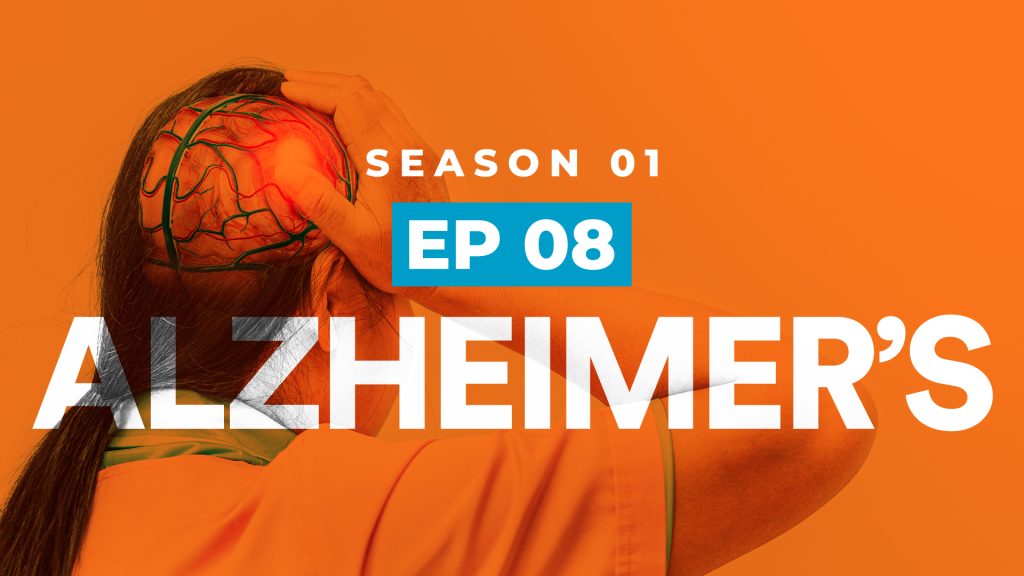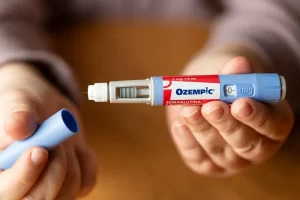How does Alzheimer’s alter the brain, and how do we create a future without the disease?
Alzheimer’s, the most common form of dementia, threatens to single-handedly collapse our healthcare systems. But our knowledge of how to prevent it is stronger than ever.
In this episode of ‘YOUR BRAIN ON’, we discuss:
- The power of stories and the importance of community for finding comfort and confidence following an Alzheimer’s diagnosis
- What we know about preventing cognitive decline through brain-healthy living
- The neurochemistry of how Alzheimer’s physically changes the brain
- Genetic predisposition to neurodegenerative diseases, and why women have a higher risk of developing Alzheimer’s
- Why we should approach brain health in the same way we approach heart health
We’re joined by Dr. Lisa Genova, neuroscientist and writer of Still Alice, a book which allows the reader to step into the shoes of a woman experiencing the onset of Alzheimer’s. Still Alice was adapted into a feature film, for which Julianne Moore won an Academy Award for Best Actress in 2015. Lisa talks to us about how stories can help us find a sense of hope and empathy in the face of ‘scary’ diagnoses.
Dr. Charles DeCarli, Director of the the University of California Davis Alzheimer’s Disease Center, explains a broad range of Alzheimer’s risk factors — from amyloid and tau proteins to cardiovascular diseases — and offers advice on thinking about brain health as part of the body’s wider functionality, not a standalone system.
And Dr. Lisa Mosconi, neuroscientist, educator, and author of The Menopause Brain, highlights how the hormonal shifts caused by menopause contribute to a higher prevalence of Alzheimer’s in women, and unpacks the controversial history and potential future of hormone replacement therapy.
Links
Dr. Lisa Genova
Dr. Genova’s website and books
Dr. Lisa Mosconi
Dr. Mosconi’s book, The Menopause Brain
Dr. Charles DeCarli
Dr. DeCarli at UC Davis Health











